Your Trusted Lawyer in Banyo, Brisbane
Unsure of your legal options?
At Tully Law, we provide trusted legal services in a range of areas. Our team is dedicated to protecting your interests with personalised legal strategies.

Motor vehicle accidents are a common and unfortunate occurrence on Queensland’s roads, often resulting in minor to severe injuries, or even fatalities. These accidents can involve pedestrians, cyclists, drivers, passengers of motor vehicles, motorbikes, scooters, taxis, Uber vehicles, or buses.
What Can Be Claimed?
If you’ve been injured in a motor vehicle accident, you may face various expenses, including medical costs for surgeries, rehabilitation, medications, and travel. Additionally, you may experience a loss of income if you are unable to work due to your injuries.
In the unfortunate event of a fatal accident, the surviving family members—such as children and spouses—who have suffered psychological harm as a result of their loved one’s death, are also entitled to seek compensation. In cases of death, compensation may also cover lost income, dependency claims, and funeral expenses.
Who Pays for Compensation?
Compensation for an injured person involved in a motor vehicle accident is typically provided by the ‘at-fault’ driver’s Compulsory Third Party (CTP) insurance, which is mandatory with every vehicle registration in Queensland.
What if the Vehicle is Unregistered?
If you are injured in an accident involving an unregistered vehicle, there are still options available to claim compensation. However, strict time limits apply, and these time limits are more stringent than those for standard motor vehicle claims. It is crucial to seek legal advice as soon as possible if you are involved in an accident with an unregistered vehicle, to ensure you don’t miss your opportunity to claim.
Time Limitations
In Queensland, there are different types of legislation that cover all accident types causing personal injury and strict time limits apply concerning being eligible to make a claim for compensation. While Queensland has a three-year (3) statutory limitation period for personal injury, there are still strict time limits for lodging injury claims, depending on what legislation applies. It is very important that you urgently seek legal advice as soon as you are injured.
At Tully Law, we are here to guide you through every step of the claims process with care and expertise, ensuring you receive the compensation you deserve.
In Queensland, all employees are legally entitled to apply for workers’ compensation if they are injured at work, typically through WorkCover Queensland or, in some cases, the employer’s self-insurer. It is a requirement for all employers in Queensland to hold a valid work accident insurance policy to cover their employees.
What Injuries are Covered?
Queensland employers are required to cover the costs associated with work-related injuries and illnesses. This includes, but is not limited to, physical injuries such as lacerations, burns, and fractures, as well as psychological and psychiatric injuries, lung diseases like silicosis, industrial deafness, the aggravation of pre-existing conditions, and even death caused by injury or disease.
What Can Be Claimed?
If you are injured in a workplace accident, you may incur significant out-of-pocket expenses for medical treatments, surgeries, rehabilitation, medications, travel, and, in some cases, loss of income if you are unable to return to work. Workers’ compensation typically covers both no-fault statutory claims and at-fault damages claims.
Common Law Claim for Damages
If you can prove that your injury was caused by your employer’s negligence and was reasonably foreseeable, you may be entitled to make a common law claim for damages. This type of claim allows you to seek additional compensation beyond what is covered under statutory workers’ compensation. However, not all injured workers are eligible to make a common law claim for damages, so it is essential to seek legal advice to understand your rights.
What to Do If You Are Injured at Work and How to Report the Injury
If you are injured at work, it is crucial to notify your employer immediately about the injury and how it occurred. Your employer is required to complete an incident report regarding the injury.
Next, you should seek medical attention from your general practitioner or at the hospital to have your injuries assessed. This will help determine whether further medical investigations are necessary and whether you are fit to return to work. Make sure to ask your doctor for a Workers’ Compensation Medical Certificate, which you should provide to your employer and, if applicable, to WorkCover Queensland or the self-insurer.
Time Limitations
In Queensland, there are different types of legislation that cover all accident types causing personal injury and strict time limits apply concerning being eligible to make a claim for compensation. While Queensland has a three-year (3) statutory limitation period for personal injury, there are still strict time limits for lodging injury claims, depending on what legislation applies. It is very important that you urgently seek legal advice as soon as you are injured.
If you have sustained a work-related injury, it is essential to obtain legal advice to fully understand your rights and ensure that you receive the compensation and support you are entitled to.
Public liability claims arise when individuals sustain injuries on a third-party premises, property, or site. These types of injuries can occur in a variety of locations, including shopping centres, petrol stations, theme parks, sporting events, resorts, hotels, private or rental properties, public parks, event halls, concerts, pubs, or even while working as a contractor at a job site for a property developer.
Proving Fault on the At-Fault Party
To successfully pursue a public liability claim, you must be able to prove that the injury occurred due to the negligence or fault of the owner, occupier, or manager of the third-party premises. Essentially, you must demonstrate that your injury was a result of their failure to take reasonable precautions to prevent harm, and that the injury was foreseeable under the circumstances.
What Can Be Claimed?
If you have been injured on a third-party property, you are likely to incur various out-of-pocket expenses such as medical costs for surgeries, rehabilitation, medications, and travel. In some cases, you may also experience loss of income if your injuries prevent you from returning to work.
Time Limitations
In Queensland, there are different types of legislation that cover all accident types causing personal injury and strict time limits apply concerning being eligible to make a claim for compensation. While Queensland has a three-year (3) statutory limitation period for personal injury, there are still strict time limits for lodging injury claims, depending on what legislation applies. It is very important that you urgently seek legal advice as soon as you are injured.
If you have sustained an injury on a third-party site, it is crucial to seek legal advice to fully understand your rights and ensure you receive the compensation you deserve. Our team at Tully Law is here to guide you through the process with expertise, ensuring that your claim is handled efficiently and professionally.
Medical negligence occurs when an individual is injured or even killed due to the negligent actions or oversights of a medical practitioner or other healthcare staff. This can happen during medical consultations, minor procedures, or major surgeries. It may involve a failure to properly diagnose a condition, to warn a patient of potential medical complications, or to provide the expected standard of care. Medical negligence can take place in various healthcare settings, including private practices, as well as public or private hospitals.
Proving Medical Negligence Resulting in Injury
In Queensland, medical negligence claims require more than just the identification of a simple mistake. To successfully pursue a claim, you must have an independent medico-legal report from a specialist in the same field as the medical practitioner involved. This report must confirm that your injury was caused by a negligent act and that the medical professional’s actions fell below the reasonable standard of care expected in their field.
Time Limitations
Medical negligence law in Queensland is complex, and there are strict time limits for making a claim. These limits are determined by when you became aware, or reasonably should have become aware, of the injury caused by the negligence. These time constraints also impact when you must lodge a claim and obtain the necessary medico-legal report to support it.
If you suspect or have become aware that your injury resulted from medical negligence, it is crucial to seek legal advice as soon as possible. At Tully Law, we are here to provide expert guidance and ensure your claim is handled with the care and attention it deserves.
What is Institutional Abuse?
Institutional abuse occurs when a child (under the age of 18) experiences sexual, physical, or mental abuse while under the care of an institution. These institutions can vary widely and may include public or private schools, other places of education, before and after-school care, youth centres, government departments, orphanages, sporting clubs, facilities, or committees, churches, and religious orders.
In 2014, following the Royal Commission into Institutional Responses to Child Sexual Abuse, the National Redress Scheme was introduced to provide compensation for victims and survivors of institutional abuse. It is essential to understand that compensation through the National Redress Scheme is assessed differently from a Common Law Claim for damages for negligence. Given the complexity of this area of law, it is vital to obtain legal advice to understand the best option for your situation.
National Redress Scheme
The National Redress Scheme has specific eligibility requirements, which are as follows that the abuse must have occurred before 1 July 2018, while you were a child. You must be over 18 years of age or will turn 18 before 30 June 2028. The abuse must have occurred while you were in the care of an institution that is participating in the National Redress Scheme. You must be an Australian citizen or permanent resident to claim and claims must be made before 30 June 2027.
There are other specific circumstances that may affect your eligibility. It is important to seek legal advice to determine if you qualify for a claim and explore any other available options.
What Am I Entitled to Through the National Redress Scheme?
If you make a claim through the National Redress Scheme, you may be entitled to damages payment of up to $150,000, paid medical expenses for counselling or psychological support and a personal response from the institution responsible for the abuse, including an acknowledgment of the abuse and an apology.
What Happens if I Accept a Lump Sum Offer from the National Redress Scheme?
If you accept a lump sum offer from the National Redress Scheme, you will no longer be entitled to pursue a civil claim (such as a common law claim for damages) against the responsible institution or any related institution. However, this acceptance does not extend to the person(s) who abused you, nor does it release them from criminal liability.
Common Law Claim for Damages
An alternative to making a claim through the National Redress Scheme is to pursue a common law claim for damages for negligence against the institution responsible for the abuse. You may choose this option if the institution involved is not a participant in the National Redress Scheme or if the compensation offered by the National Redress Scheme does not meet your needs, particularly if your injuries are severe, require ongoing treatment, or have resulted in economic loss due to your inability to work.
A common law claim for damages is a more complex legal process, but it can result in a higher damages award than the maximum amount offered by the National Redress Scheme. It is critical to seek legal advice before making a decision, as each process has different standards of proof, eligibility requirements, and outcomes based on your specific circumstances.
Time Limitations
If you have experienced abuse while in the care of an institution and are considering making a claim, it is essential to obtain legal advice about your rights and the best path forward. Our team at Tully Law is here to guide you through every step of the process, ensuring your claim is handled with the care and attention it deserves.
What is a Total and Permanent Disability Superannuation Claim?
A Total and Permanent Disability (TPD) superannuation claim is a lump sum claim made through your superannuation fund. These claims are specifically for individuals who have suffered an injury or illness that prevents them from returning to work in the same capacity, either temporarily or permanently.
TPD claims are complex, particularly when dealing directly with insurance companies. It’s important to note that not all superannuation insurance policies are the same, and as such, not all injuries are classified as a “total and permanent disability” that would qualify a person for a claim. When assessing a TPD claim, the superannuation fund will consider factors such as the nature of the injury, the severity of the impairment, and the claimant’s work history, skills, experience, and qualifications.
Given the complexity of the process and varying terms across policies, it is crucial to seek legal advice if you have suffered an injury that prevents you from returning to work as you may also have an entitlement to an Income Protection claim separately to the TPD claim.
Our team at Tully Law is here to guide you through the TPD claims process, ensuring you understand your rights and maximizing the chances of a successful outcome.
Wills, Powers of Attorney, and Advance Health Directives are crucial legal documents that must be carefully drafted and properly executed to ensure their validity. It is essential that these documents accurately reflect your wishes regarding the distribution of your estate and the management of your personal and healthcare decisions. Properly preparing these documents will provide peace of mind that your intentions will be respected and followed in accordance with the law.
What is a Will?
A Will is a legal document that outlines how your assets and belongings will be distributed upon your passing. It is an essential part of estate planning, and everyone over the age of 18 should consider having one in place to ensure their wishes are respected.
Simple, Mutual & Complex Wills
A Will can range from a straightforward simple Will to a highly complex Will, depending on the assets involved and the individual’s wishes.
A simple Will, will typically include the distribution of property and cash assets. However, more complex Wills may involve the management of companies, trusts, or self-managed super funds.
For couples, Mutual Wills are an option. These Wills create an agreement between partners, ensuring that the surviving spouse or partner must distribute the estate in a predetermined manner, which cannot be altered after one party’s death. Mutual Wills are particularly beneficial for individuals with blended families, as they provide clarity and security in the distribution of assets.
For more complex Wills, provisions may be made for Testamentary Trusts, which are established within the Will itself. Testamentary Trusts offer valuable asset protection and potential tax benefits, ensuring that beneficiaries’ interests are safeguarded according to the deceased’s wishes.
What to Consider when making a Will?
A Will can address various important matters, including:
- Beneficiaries: Designating who will inherit your estate and what assets or property they will receive. Your assets include everything you own, such as physical things like your house, vehicles, furniture, clothing and jewellery. It can also include your monetary assets like superannuation, life insurance policies, shares and your bank accounts. You should also consider things like the ‘digital’ assets you store and access on your phone and laptop, for example photos, social media accounts, crypto currency.
- Personal & Family Items: If you have assets of significant monetary or sentimental value, it’s important to ensure they are passed on to the individuals you intend. You can specify these items as particular gifts in your Will, ensuring they are distributed according to your wishes. Whether it’s family heirlooms, valuable jewellery, or other cherished possessions.
- Life Insurance & Investments: Specifying what happens to life insurance policies, investments, and other financial assets. Examples of this might be, whether the benefits should go to a specific beneficiary or be used to support certain expenses or causes. How you would like your investments, savings, and other financial holdings to be divided among your beneficiaries, or if they should be kept intact for future generations. Or if there are any special instructions regarding debts, loans, or other financial obligations you may have.
- Funeral Wishes: Communicating your preferences for funeral arrangements. While your Will primarily addresses the distribution of your assets, it can also be used to clearly communicate your preferences for how you would like your funeral to be handled. This can include things such as the type of service, location, funeral providers, personal requests including specific music, readings, flowers and memorial efforts to honour your life and legacy.
- Guardianship: Appointing a legal guardian for your children if they are under 18. This person, whether a family member or trusted friend, will have the authority to make important decisions regarding your child’s education, health, finances, and overall welfare.
- Executor: Choosing a family member, a trusted friend, or an independent professional such as a solicitor to administer your Will and manage your estate. The executor will be responsible for ensuring your wishes are followed and managing the distribution of your estate in accordance with your instructions.
- Pet Care: If you have pets, it is important to include provisions in your Will to ensure they are cared for in the event of your passing. You can specify a trusted individual or family member to take responsibility for your pets well-being.
At Tully Law, we can help you create a Will that reflects your wishes and provides peace of mind for both you and your loved ones. Contact us today to ensure your estate is in good hands.
What happens if you die with a Will?
If you pass away without a Will, it is referred to as dying “intestate.” In this case, the law decides how your estate will be distributed, following a prescribed order of relationships, starting with your spouse and children. This legal hierarchy can extend as far as your first cousins.
To ensure that your wishes are respected and your estate is distributed according to your preferences, it’s essential to have a Will in place. A properly drafted Will guarantees that your intentions are legally documented and must be followed.
Choosing an Executor
Selecting the right executor for your Will is an important decision. Consider the following factors to ensure your estate is managed smoothly:
- Skills and Availability: Does your chosen executor possess the necessary skills to manage your estate, and are they willing and able to take on the responsibility? It’s essential that they are reliable and available when needed.
- Emotional Impact: If you appoint a family member or close friend, be mindful that they may also be dealing with emotional stress or grief, which could affect their ability to perform the duties effectively.
- Potential for Conflict: Consider whether your choice of executor could lead to conflict among your beneficiaries. For instance, appointing an eldest sibling may inadvertently create tension or rivalry among other family members.
- Liability Risks: If something goes wrong during the administration of your estate—such as property damage or inadequate insurance—your executor could be held personally liable. Choose someone who is capable of handling these potential challenges.
Taking the time to carefully select your executor ensures that your wishes are carried out effectively and minimises potential complications for your loved ones.
Updating Your Will
Life is dynamic, and as circumstances change, so too may your wishes for the distribution of your estate. It is essential to regularly review and update your Will to reflect significant life events. Key moments when you should consider revising your Will include:
- Relationship Changes: Marriage, divorce, or entering or exiting a de facto relationship.
- Loss of a Loved One: The passing of someone close to you.
- Inheritances: Coming into an inheritance that may impact the distribution of your estate.
- Financial Changes: Major financial shifts, such as losing a job, retiring, or changes in your overall financial situation.
- Property Transactions: Buying, selling, or renting property.
- Business Changes: Starting or closing a business, or alterations in a business partnership.
- Health Changes: The onset of a major illness or recovery from one.
- Relocation: Moving interstate or overseas.
- Revised Wishes: Changing your mind about beneficiaries or assets included in your original Will.
- Executor or Guardian Changes: If your nominated executor or guardian is no longer a part of your life.
- Acquiring Major Assets: Receiving valuable items, such as jewellery, that were not initially included in your Will.
Regularly reviewing your Will ensures it remains aligned with your current wishes and circumstances. Our team can assist in making the necessary updates to guarantee your estate plan reflects your intentions.
Power of Attorney
A Power of Attorney is a legal document that allows you to appoint one or more individuals to make decisions on your behalf during your lifetime. These decisions can encompass personal matters, including healthcare, as well as financial matters. There are two main types of Power of Attorney – a General Power of Attorney and an Enduring Power of Attorney. The key distinction between the two lies in their effectiveness, which depends on your capacity to make decisions..
Advance Health Directives
An Advance Health Directive enables you to specify your preferences for future healthcare, ensuring that your wishes are clearly communicated to healthcare providers. This document provides medical professionals with clear instructions regarding the type of treatment you wish to receive in the event that you are unable to make decisions for yourself.



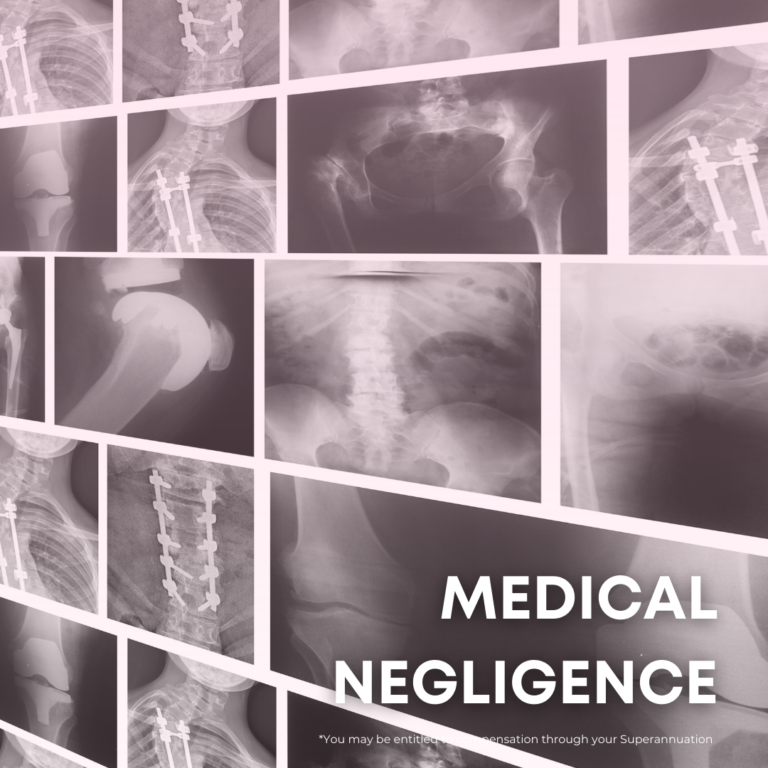


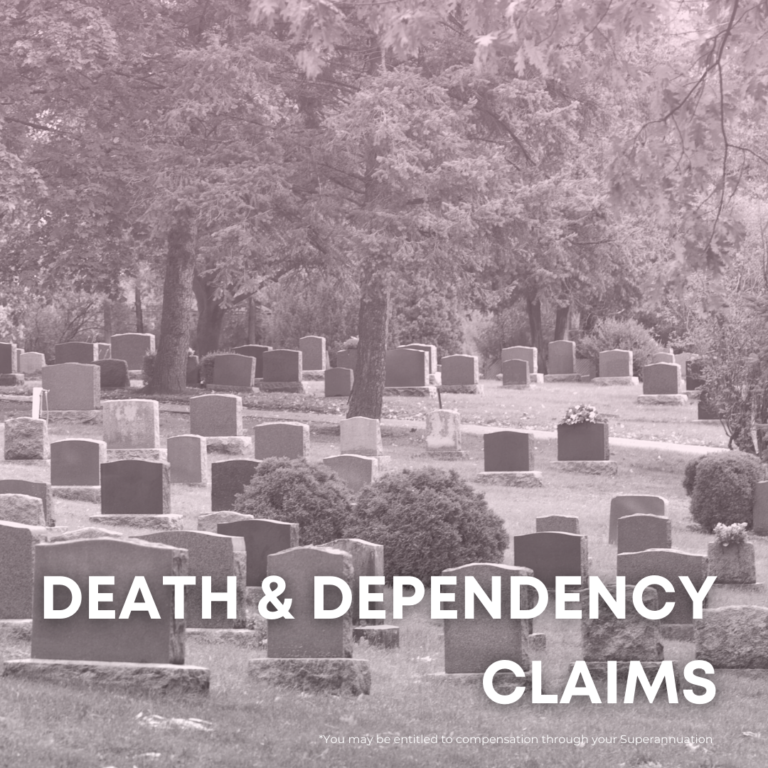

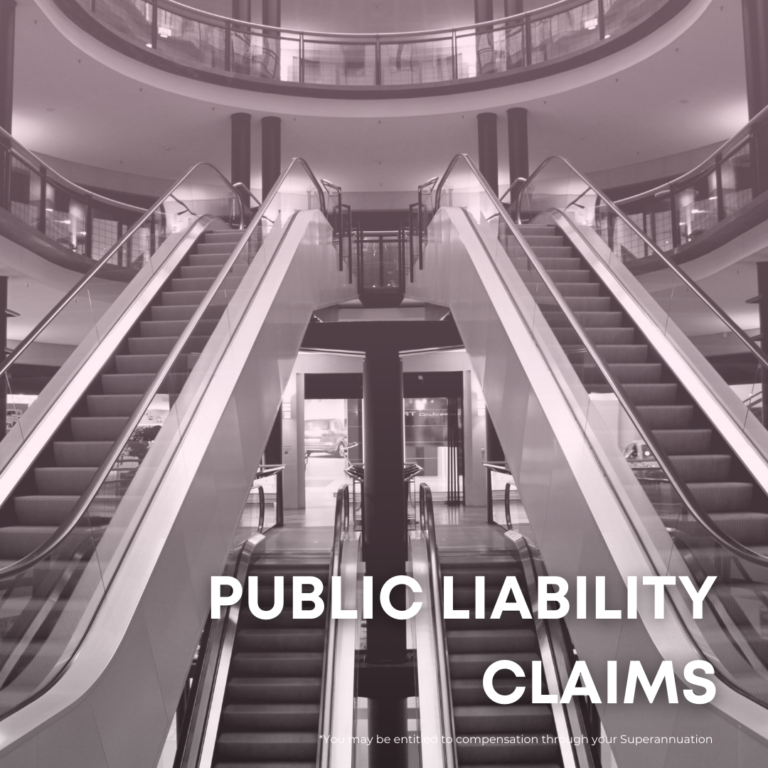




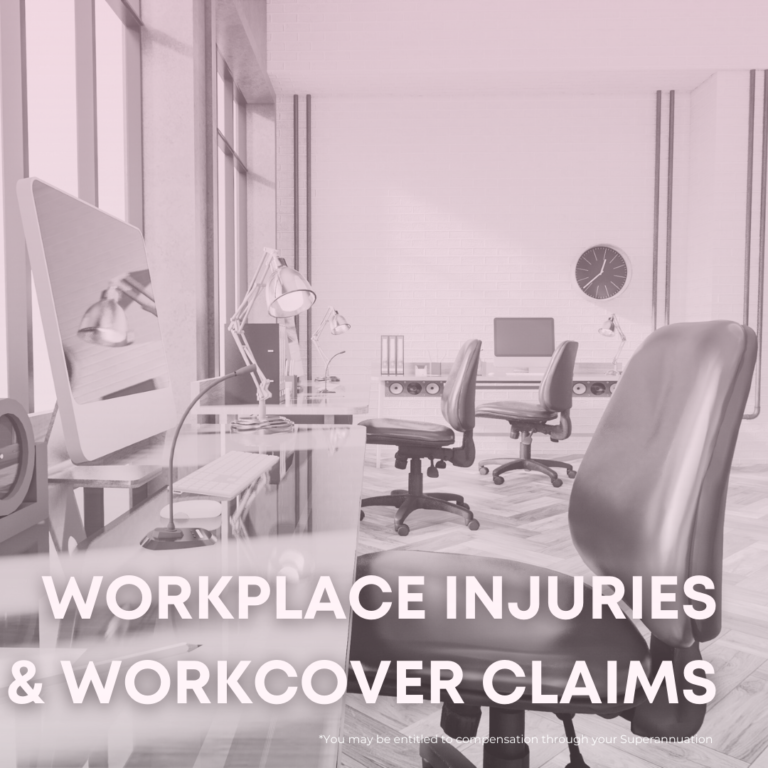
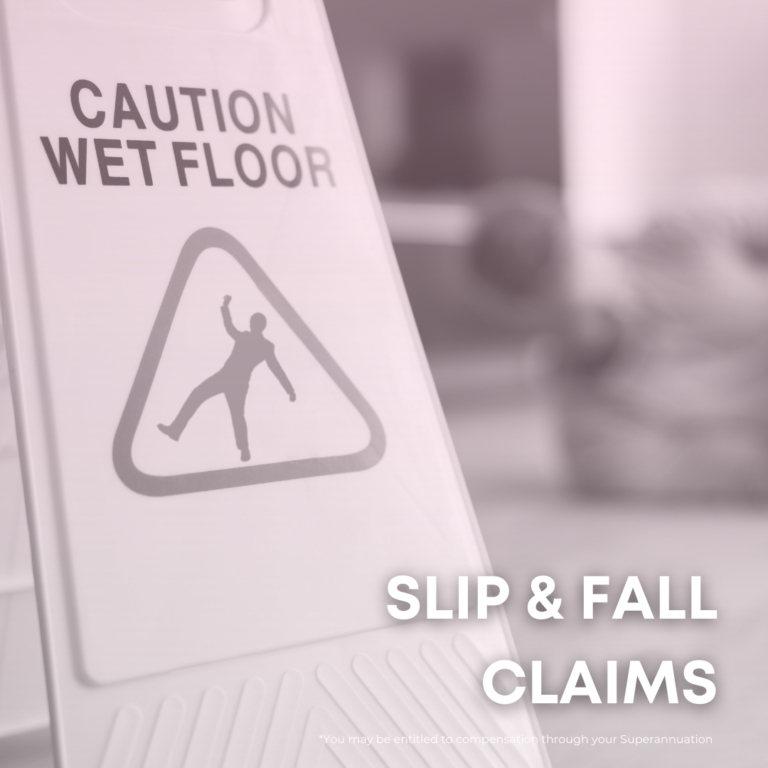
Request a FREE Case Review Today
Please provide some details about your case, and we’ll contact you to discuss it further. Alternatively, you can reach our team at (07) 3162 9134.
